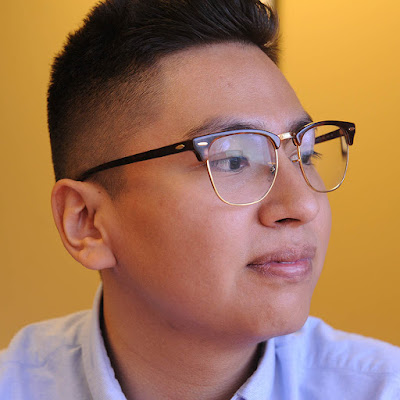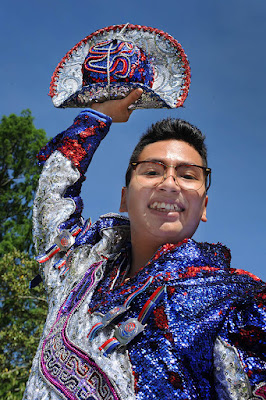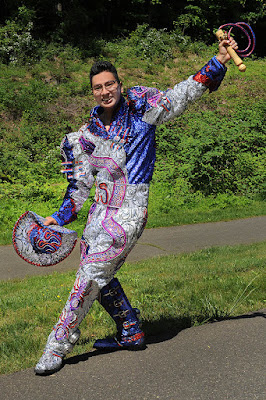Pike Segment H and I Multimodal Improvements Project and Pike sculpture opening ceremony, located on the corner of Columbia Pike and South Jefferson Street..
"The Pike" sculptor Donald Lipski and Arlington County transportation and arts staff and elected officials spoke, including Dennis Leach, Director of Transportation, Arlington County, Christian Dorsey, Arlington County Board member, Monica Backmon, Chief Executive Officer, Northern Virginia Transportation Authority, and Adam Henderson from the Columbia Pike Presidents Group.
From the Arlington County website: "The event represents the culmination of two years of construction to improve the pedestrian, transit, and driver safety of the westernmost end of Columbia Pike. These improvements include widened sidewalks, durable concrete bus pads, upgraded streetlights and signals, and new trees.
The Multimodal Improvements Project also includes The Pike, a sculpture by artist Donald Lipski. The Pike explores how an object can be transformed into sculpture and its meaning changed through a whimsical combination of materials and location. Constructed from a reclaimed 50-foot-tall wind turbine wing, the artwork serves as a gateway into Arlington County from Bailey’s Crossroads in Fairfax County. The base of the sculpture is studded with thousands of coins from all over the world collected from Arlington County residents. This references the history of Columbia Pike as a toll road and celebrates its culturally rich neighborhoods.”
Angela Adams and Deirdre Ehlen of Arlington Public Arts and Kim Klingler of the Columbia Pike Partnership also attended.
Photography by Lloyd Wolf.
 Photography by Lloyd Wolf.
Photography by Lloyd Wolf.























































